In This Issue
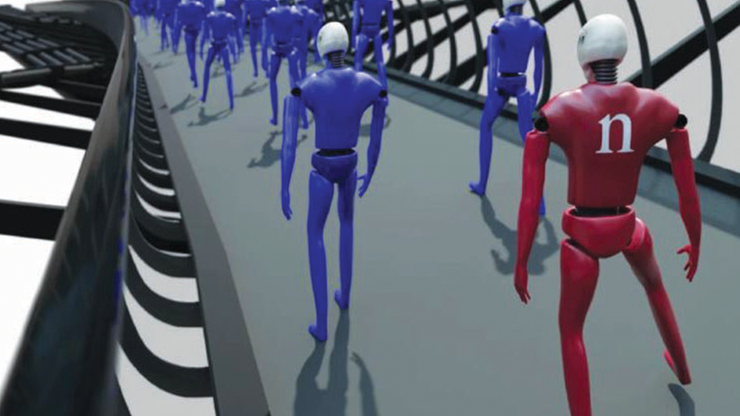
Researchers argue that synchronization in pedestrian footstep timing on a bridge is a consequence of instability.

Because biological symmetries are not mathematically precise, mathematical biologists must find new ways to express them.
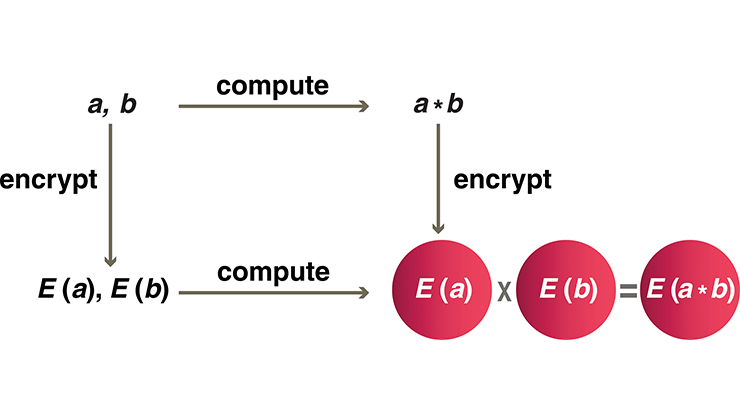
Homomorphic encryption has the potential to protect the privacy of sensitive data in machine learning applications.
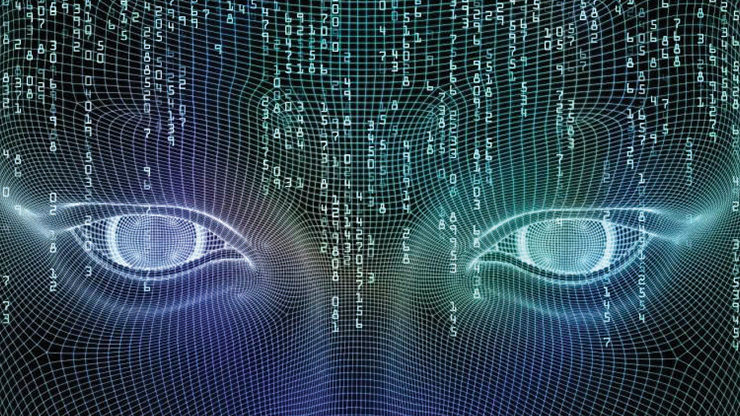
Moshe Vardi argues that the current crisis in the computing field reflects a need for public policy, not ethics.
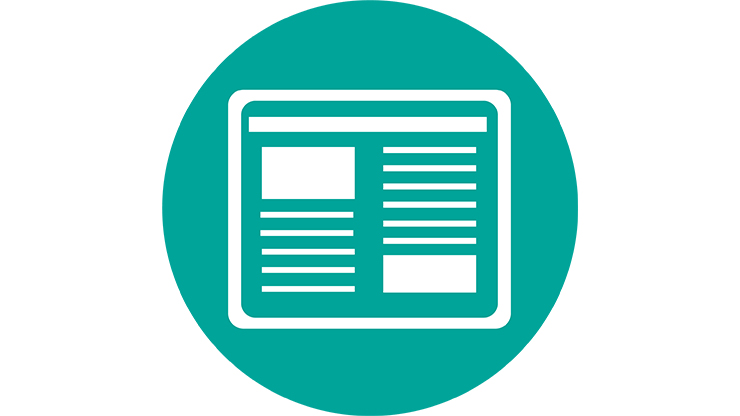
Jeff Sachs asks researchers to remember the cost to the scientific and mathematical communities from Russia's invasion of Ukraine.
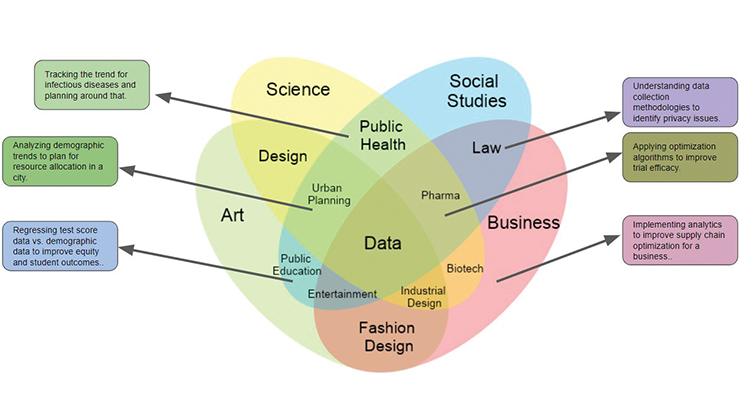
Students and Education
Preparing Virginia’s Students for New Post-secondary Pathways in Data Science
Virginia is considering a redesign of its Mathematics Standards of Learning to promote deeper learning.
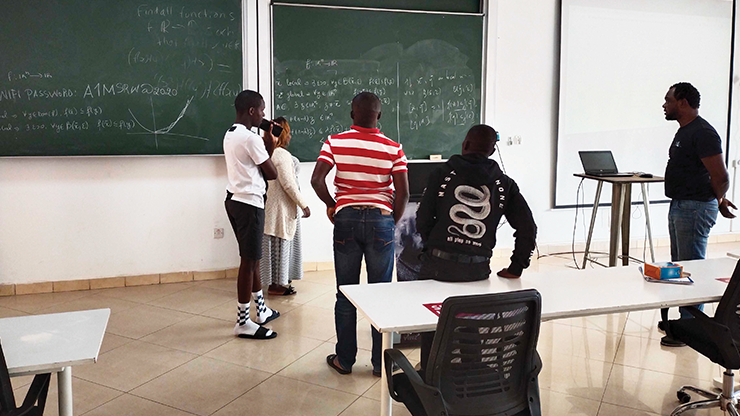
The 11th Gene Golub SIAM Summer School, the first hosted by an African institution, commenced in a hybrid format.

The 2022 SIAM Annual Meeting will bring together researchers in a hybrid format from July 11-15 in Pittsburgh, Pa.
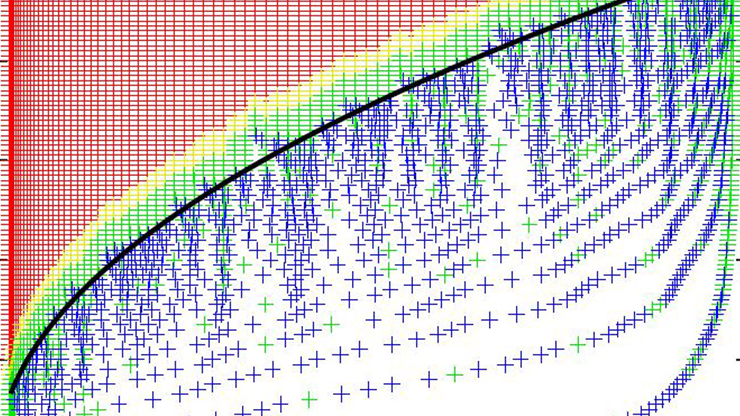
Rational Krylov methods have found an increasing number of applications in the field of scientific computing.
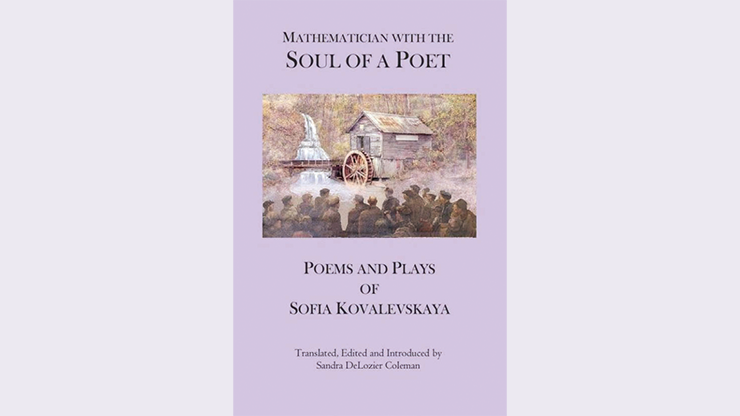
Ernest Davis reviews Mathematician with the Soul of a Poet: Poems and Plays of Sofia Kovalevskaya.
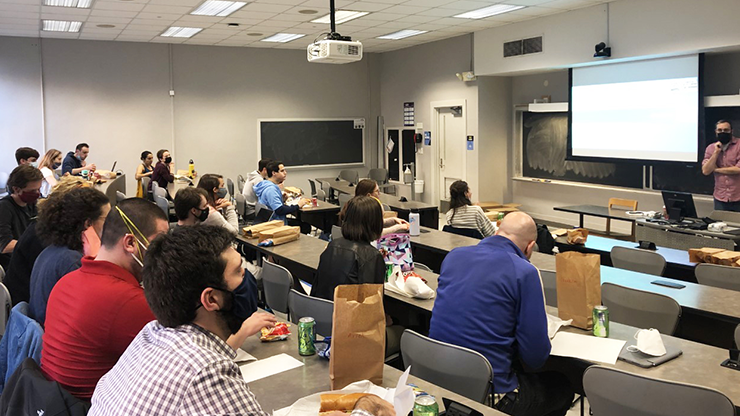
Students and Education
Alumni Panel Series Offers a Glimpse into Life as an Early-Career Mathematician
The UNC Chapel Hill SIAM Student Chapter initiated a panel series to highlight career paths after graduate school.
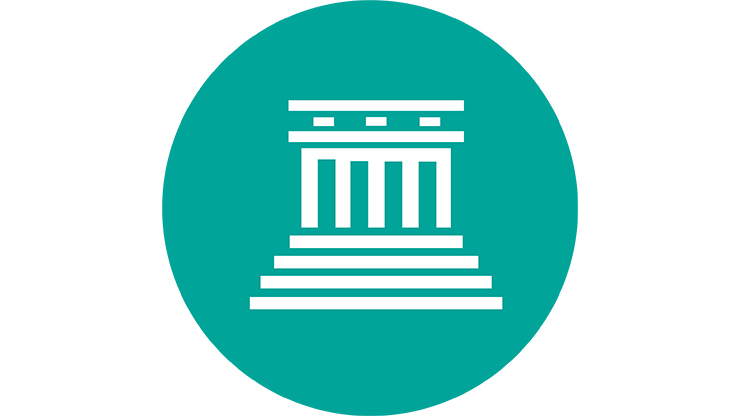
The global mathematics community recently produced a toolkit titled Mathematics for Action: Supporting Science-Based Decision Making.
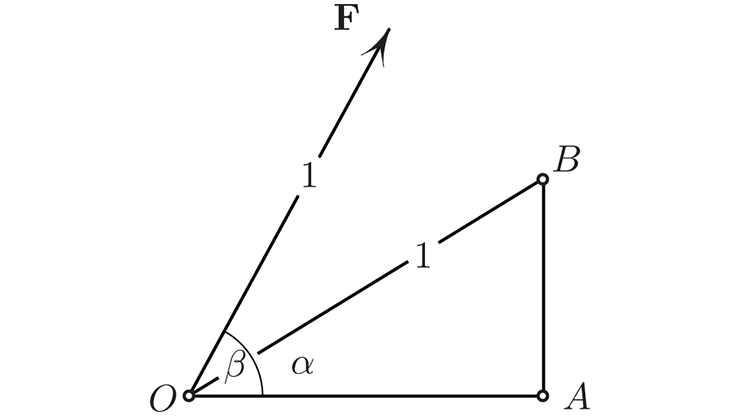
Mark Levi presents a simple physical interpretation of a familiar trigonometric identity in terms of work.
Stay Up-to-Date with Email Alerts
Sign up for our monthly newsletter and emails about other topics of your choosing.


